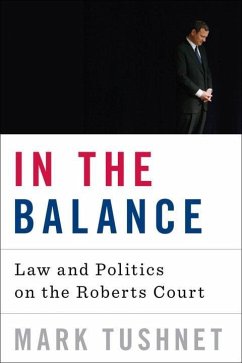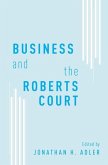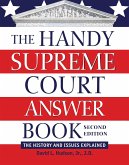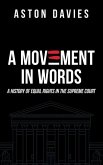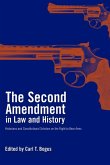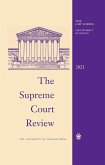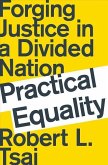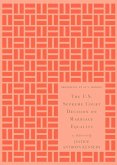When John Roberts was appointed chief justice of the Supreme Court, he said he would act as an umpire. Instead, his Court is reshaping legal precedent through decisions unmistakably-though not always predictably-determined by politics as much as by law, on a Court almost perfectly politically divided. Harvard Law School professor and constitutional law expert Mark Tushnet clarifies the lines of conflict and what is at stake on the Supreme Court as it hangs "in the balance" between its conservatives and its liberals. Clear and deeply knowledgeable on both points of law and the Court's key players, Tushnet offers a nuanced and surprising examination of the initial years of the Roberts Court. Covering the legal philosophies that have informed decisions on major cases such as the Affordable Care Act, the political structures behind Court appointments, and the face-off between John Roberts and Elena Kagan for intellectual dominance of the Court, In the Balance is a must-read for anyone looking for fresh insight into the Court's impact on the everyday lives of Americans.
Hinweis: Dieser Artikel kann nur an eine deutsche Lieferadresse ausgeliefert werden.
Hinweis: Dieser Artikel kann nur an eine deutsche Lieferadresse ausgeliefert werden.

